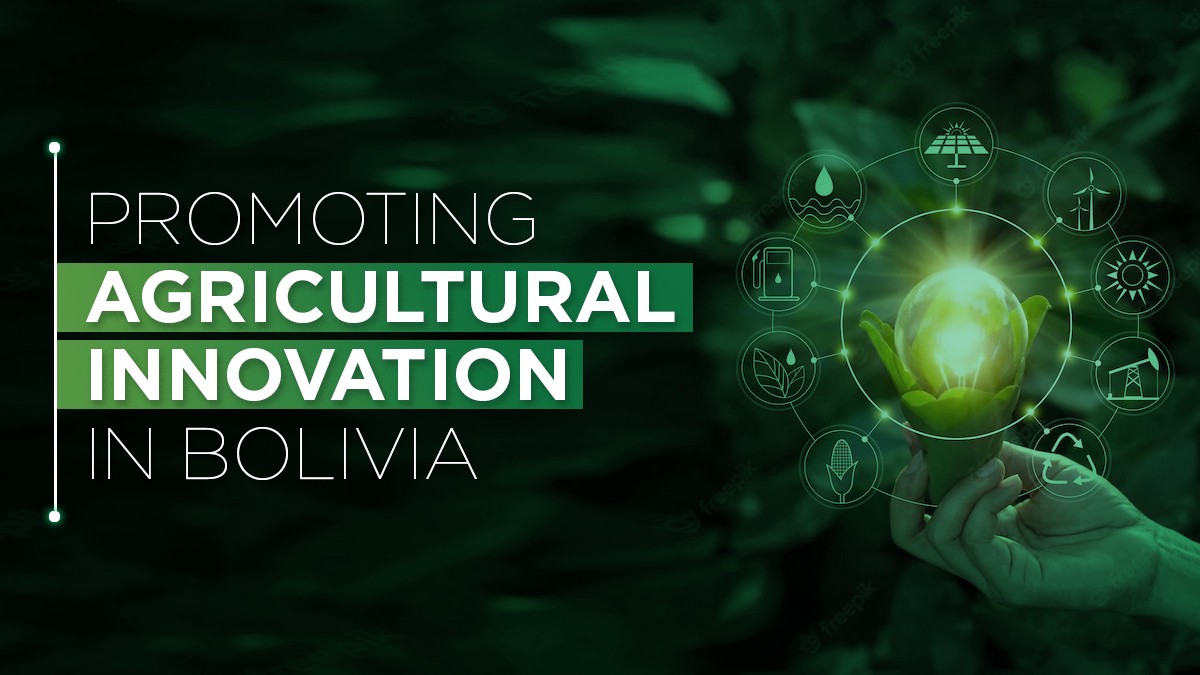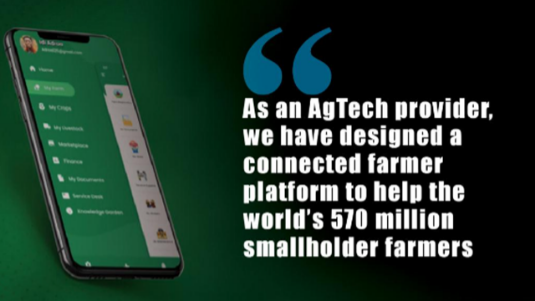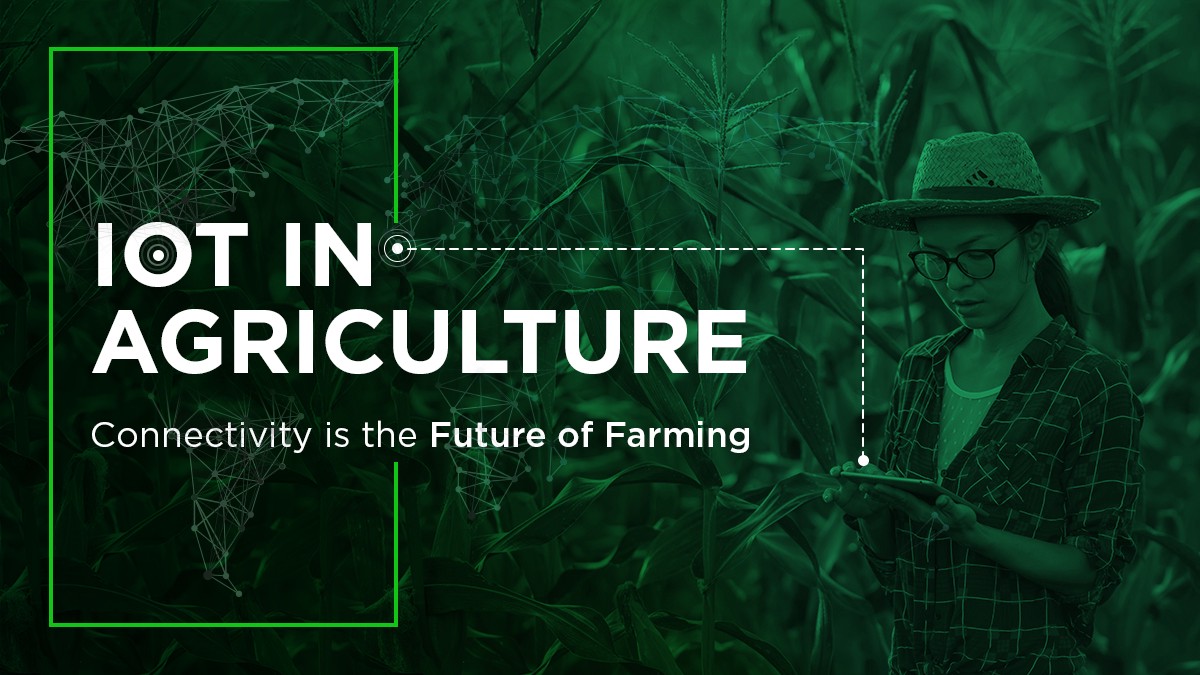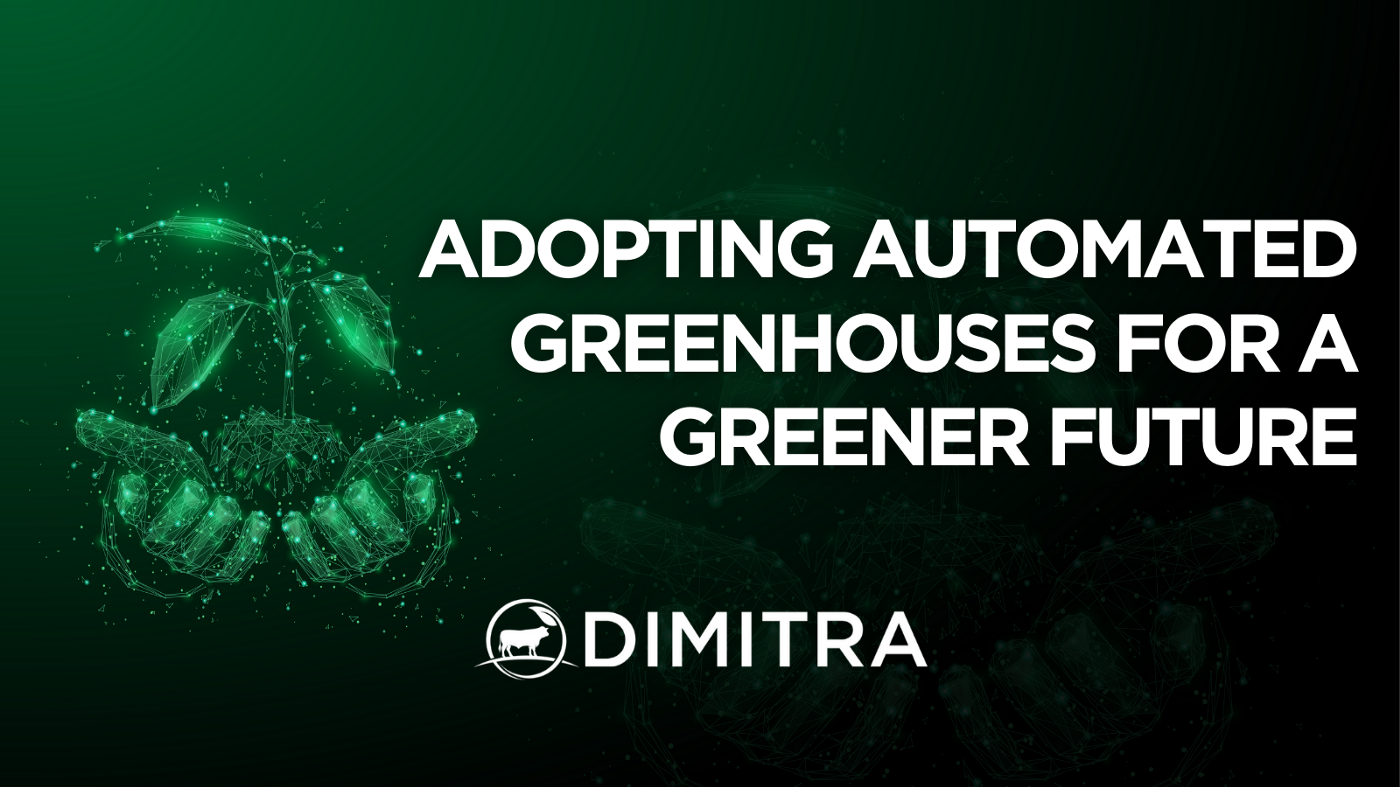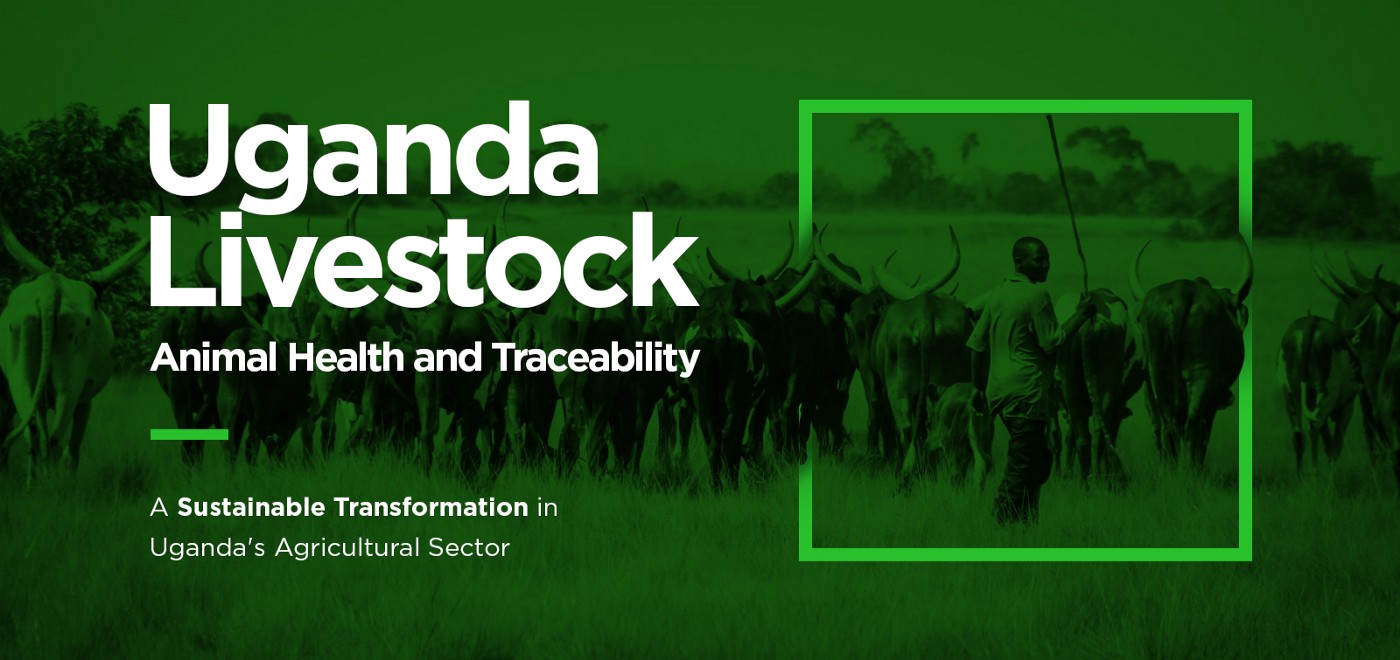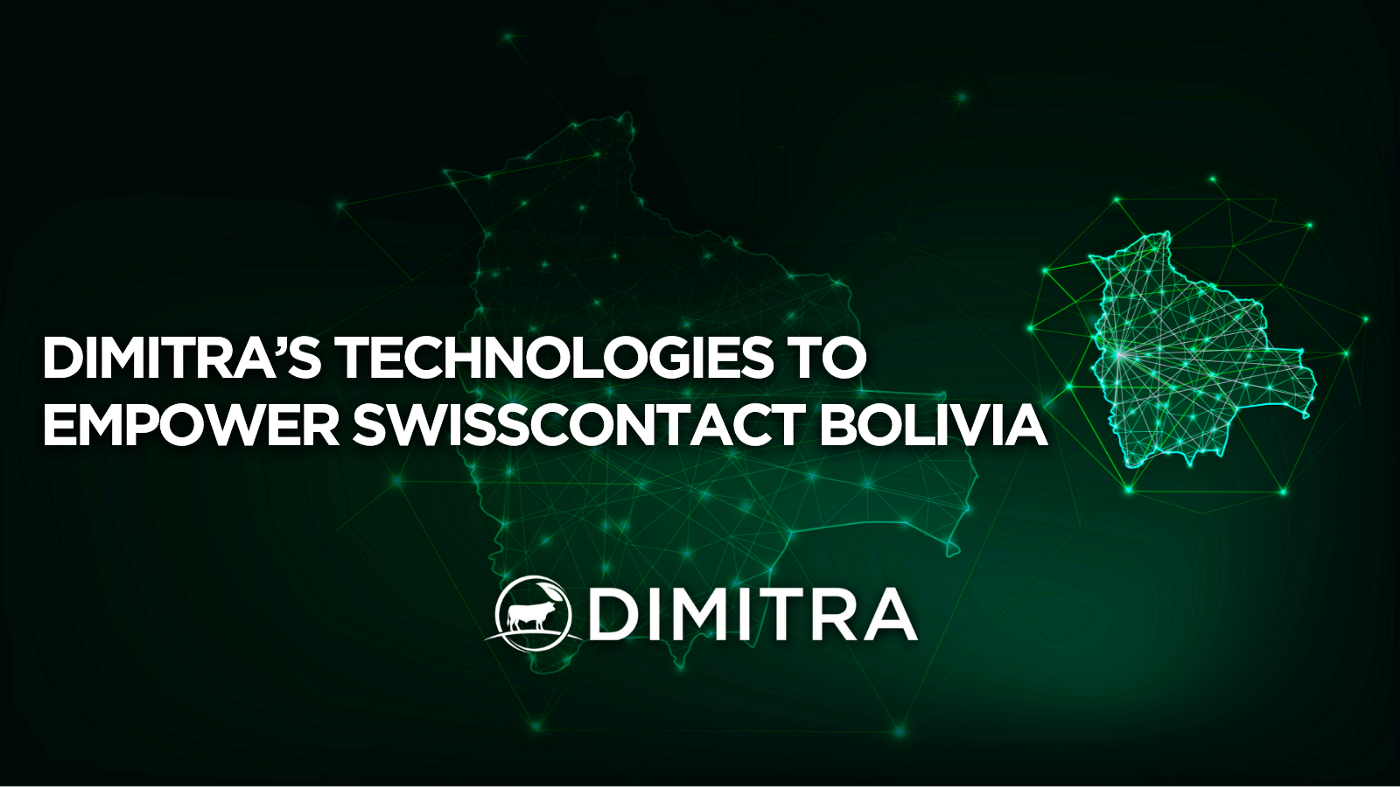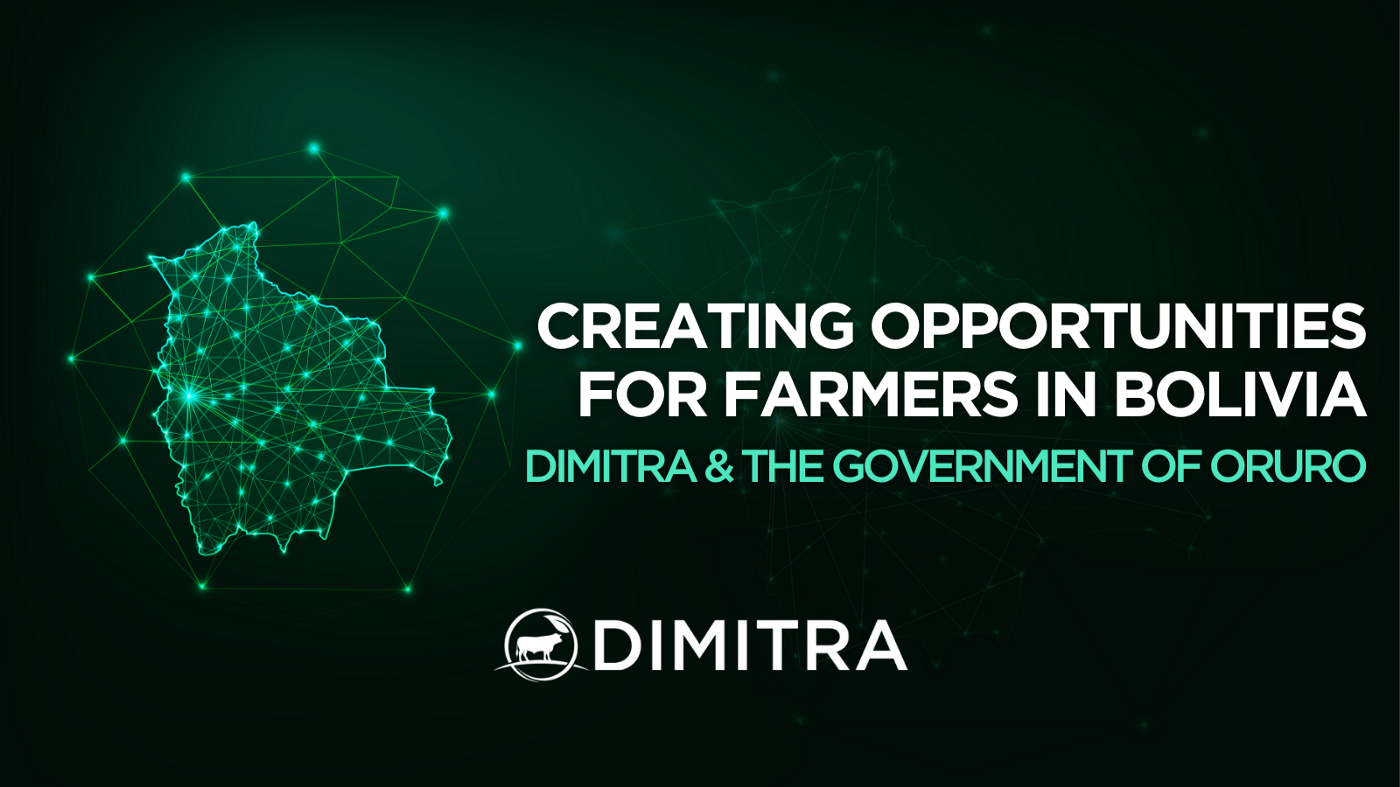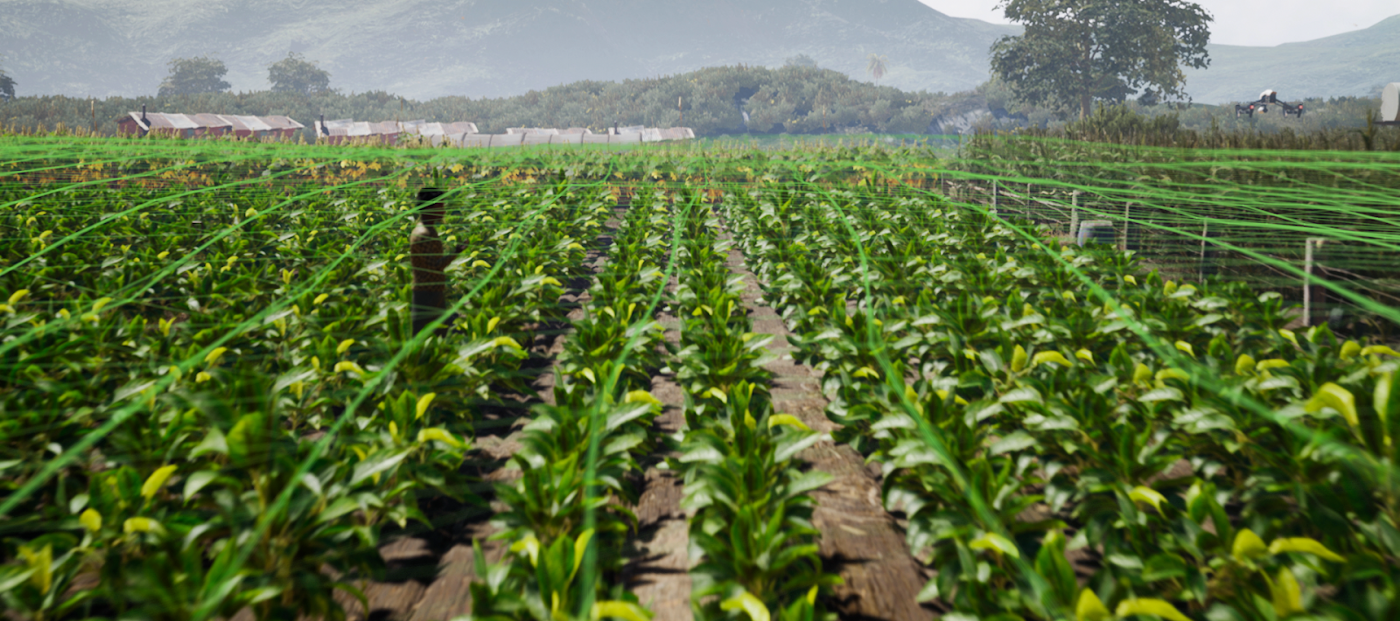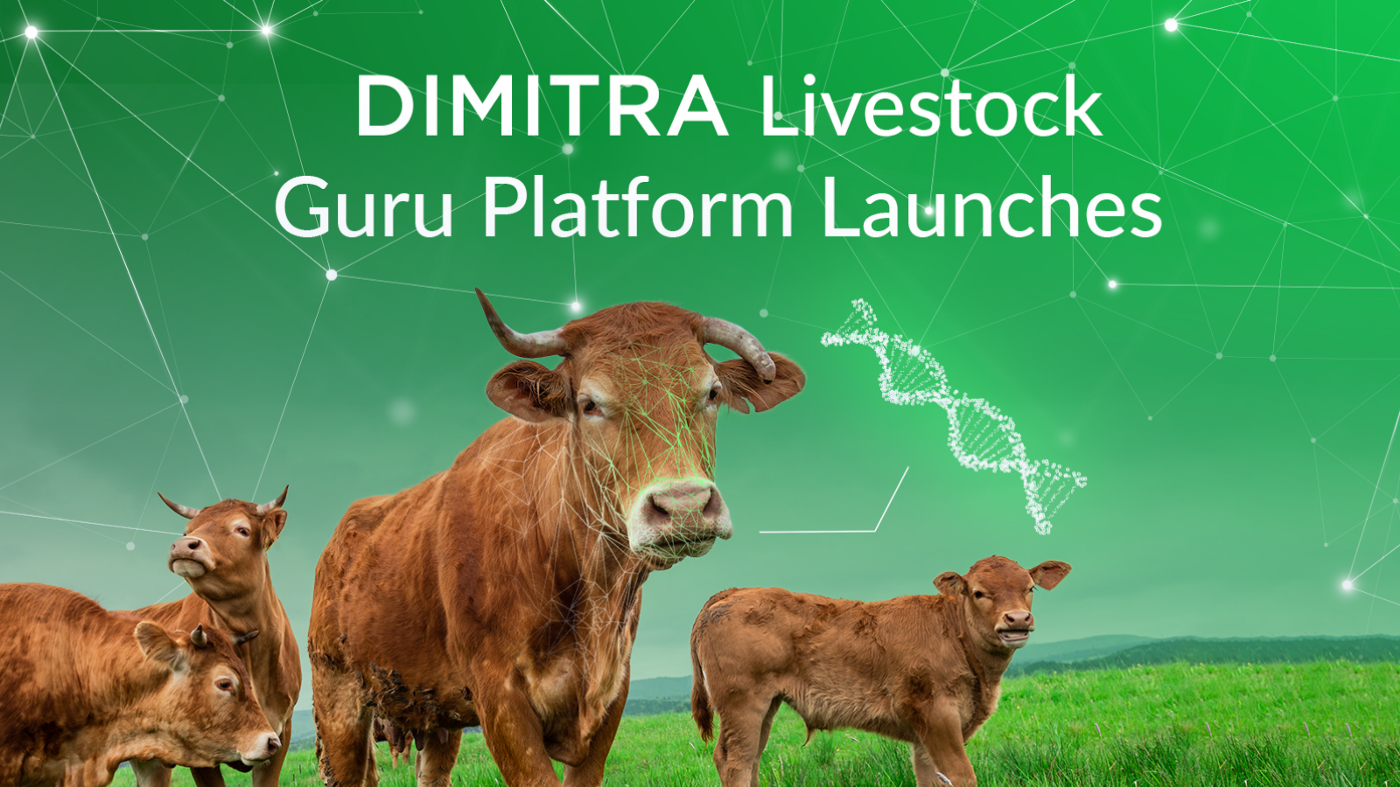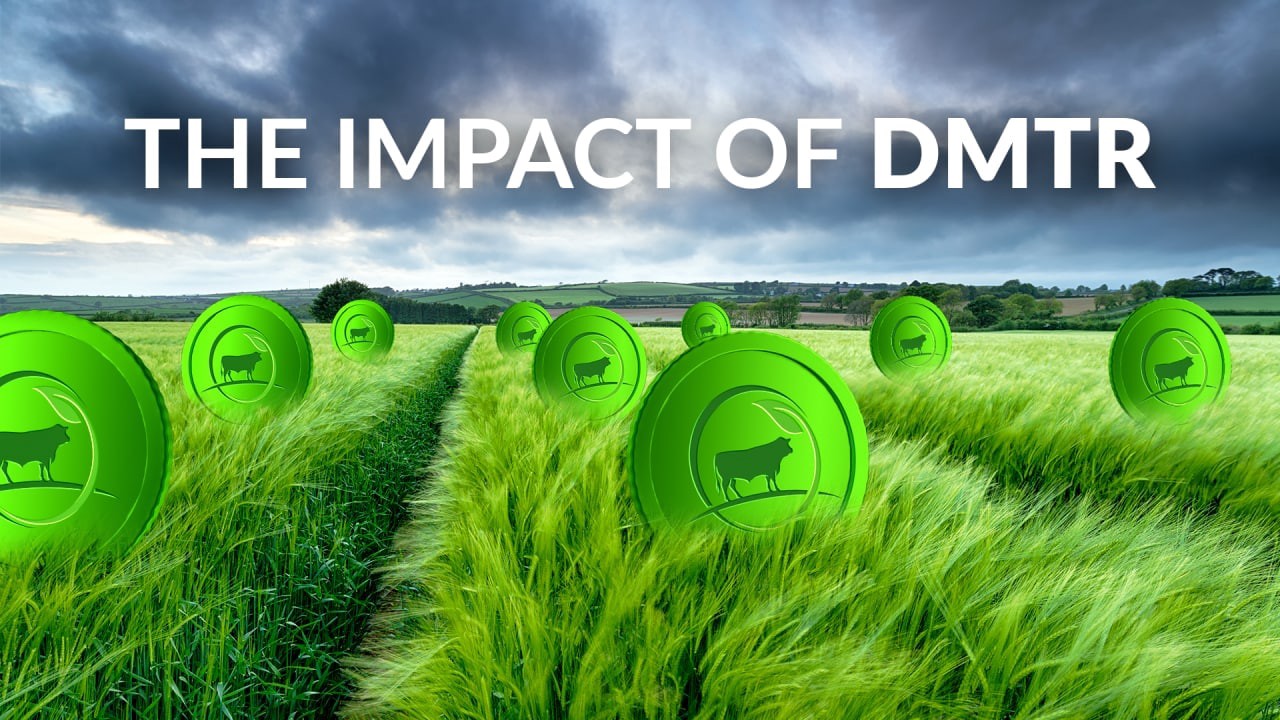While crypto projects come and go, plenty of dedicated teams are building real-world use cases for blockchain and adjacent technologies. Dimitra is one such project laser-focused on solving some of the world’s biggest challenges. Let’s explore the DMTR token, its utility and the potential for massive global growth of the overall ecosystem.
The Story Behind the Token – Global Growth
If one industry can potentially impact problems with extreme poverty and world hunger, it’s global agri-food. Dimitra tackles these global issues by using the following advanced technologies; blockchain, AI, machine learning, IoT, Sensors, Satellites, and drones to impact worldwide agriculture development.
Working alongside global governments, farmer associations, NGOs, and development banks, the team is developing smart farming solutions designed to enhance food security through sustainable agriculture. The customizable farmer-first platform focuses on delivering agricultural technology to smallholder farmers across the globe.
Why smallholder farmers? With around 570 million smallholder farmers creating 70% of the world’s produce, focusing here is the best way to accelerate Dimitra’s mission to grow economies worldwide.
A Purpose-Driven Ecosystem
Dimitra is a comprehensive suite of technologies built to help smallholder farmers grow. Through the Connected Farmer mobile app, an integral part of the ecosystem, farmers can have:
- A single digital record of farm operations
- Data to make on-farm decisions to increase productivity, profitability, and resilience
- The tools to increase yield, reduce costs, and mitigate risks
- Access to a vibrant marketplace to buy and sell products
Why is this important? By 2050, the global agri-food industry will need to feed 9.7 billion hungry mouths. With smallholder farmers usually having lots smaller than 2 hectares, the need for automation and technology to improve yields is essential.
With an estimated value of over $8.5 trillion, the agri-food industry is an environment ripe with advances and technological evolution. Unfortunately, those advances rarely make it to the 500 million smallholder farmers who need it most.
The Dimitra ecosystem empowers those smallholder farmers. The goal is to build an inclusive system that helps farmers collaborate globally. Dimitra helps accelerate the rate of technological adoption, create robust communities in the areas that need them most, and give opportunities to farmers who in the past have been all but forgotten.
Smallholder farmers unknowingly carry the burden of solving many of the world’s problems. Dimitra helps them connect with tools to improve yields, reduce costs, and mitigate risk with the mission to tackle the following global issues:
- Climate change
- Reducing world hunger
- Improving food safety and security
- Alleviating poverty
- Reducing desertification and soil erosion
- Reducing deforestation
DMTR — A Utility Token for Global Change
With a unique mixture of emerging technologies, Dimitra is like nothing you’ve seen before. Even with its powerful use case, many people are curious about how it all works. What part does the DMTR token play in the overall ecosystem, and what’s the value of owning DMTR?
DMTR is an ERC-20 based token launched on the Ethereum network. Put simply, DMTR is the backbone of the entire Dimitra ecosystem. It helps catalyze action in the proprietary Connected Farmer mobile app and, in turn, creates value for smallholder farmers.
Using the Connected Farmer app, a user can:
- Register and manage livestock
- Register and manage crops
- Connect with the marketplace
- Add other forms of data (sensors, drone reading, etc.)
For all these actions, a farmer receives Dimitra Points through the Farmer Points Program. So, essentially for doing their everyday work and adding some modern reporting practices, farmers earn a valuable asset — in this case, Dimitra Points.
Now, what can a farmer do with these Dimitra points? Well, here’s where things get interesting. With Dimitra Points, farmers can:
- Swap to DMTR
- Buy agriculture-specific services
- Use DMTR to swap into another cryptocurrency
- Use a local fiat offramp
- Engage with the Micro Loan Program
Those agricultural services offered through the Connected Farmer platform allow users to increase yields, optimize efficiency, and modernize. A farmer could purchase a drone service for targeted pesticide treatment or buy sensors for soil monitoring, all with DMTR. This is giving farmers who would normally not have access to this kind of tech a front-row seat to current offerings of the global ag-tech industry.
Subheading
Additionally, these transactions create a ripple effect throughout the ecosystem. An ag-service provider isn’t offering a one-to-one trade using DMTR. Instead, a margin is put on services and goods provided through the Farmer Points Program. While these margins on certain transactions are dependent on the service provider, the overall effect is to create value within the DMTR ecosystem.
If a farmer is short on DMTR to purchase a service from an ag-provider, they have the option of purchasing DMTR with fiat to make up the difference. This is another factor that will help push demand for DMTR.
Dimitra intends for its agricultural network to extend across the globe. You can imagine the amount of activity the ecosystem would see with millions of farmers and other users interacting and using DMTR. This not only helps farmers, but it helps add value to the token economy.
On the other side of this transaction are the governments, universities, and agribusiness partners who use the anonymous aggregated data generated through the platform. In return, they offer their services and products through the Marketplace. It’s a win-win.
Dimitra has partnered with Ocean Protocol to facilitate data set sales through the Ocean Marketplace. The revenue created here moves through a distribution channel — giving profits to farmers and other partners while injecting further value into the ecosystem.
As farmers feed more data into the system, services will improve. As demand grows, the system will incentivize farmers to earn or buy more tokens to access advanced services. All of this plays into the overall supply and demand mechanics of DMTR with the goal of increasing value for farmers and everyday token holders.
Why This Matters for Token Holders
It’s easy to get lost in a sea of good deeds. At the end of the day, though, Dimitra is more than just helping develop the world’s first international agriculture network built on the block chain; it’s also about providing value to everyday token holders.
With economic and deflationary mechanisms built right into the token economy, holders see stability and growth when users interact with the ecosystem.
These mechanisms include:
- Staking — Rewarding long-term investors for supporting the project with a healthy 13% APY.
- Farmer Points Program — Farmers receive points, swap to DMTR, then spend on agri services or products, further adding value to the ecosystem.
- Data exchange — The partnership with Ocean creates revenue that injects further value into the ecosystem.
- Agri-service demand — Service and goods providers receive DMTR.
- Agri-finance demand — Development banks and aid organizations provide funding through the platform and associated services.
- Government ministry involvement — Government entities will further incentivize farmers to participate, resulting in more activity for the ecosystem and more demand.
- Investment leverage with finance providers — As Dimitra invests in projects, they will find other investment partners. This multiplies the project-based investment dollars.
- Consumption incentives — With discounts on goods and services, farmers are at an advantage buying and using DMTR through the marketplace.
- Price mechanisms — With open appreciation and relatively fixed service pricing, a multiplier effect allows farmers to spend more as they become more successful.
- Software developer demand — Developers create new modules that farmers can then engage with and use.
Last subheading
All these mechanisms exist to keep the ecosystem stable and grow value for everyone involved, from farmers to everyday holders. With 18 million contracted farmers and many more on the way, the ecosystem is already working and creating this value.
Each activity that takes place, whether it’s on the farmer side or from other ecosystem partners, helps drive demand for DMTR. This demand has a positive impact on token price. While the goal is to empower farmers through this platform, don’t let the mission detract from the potential for growth that DMTR has ahead.
Token Distribution – Global Growth
With a maximum supply of 1 billion tokens; the distribution model is as follows:
- 1.304% Sold to the Public
- 20% Allocation for the Team, Advisors, Suppliers, Partners and Followers
- 17% Staking and Rewards (total amount: 170,000,000.00) APY: 13%
- 8% DMAS
- 10% Farmer Rewards
- 10% Ecosystem Fund
- 10% Dimitra Impact Fund
- 5% Reserve
- 18.7% Foundation and Liquidity
DMTR Snapshot
Here is a snap shot of DMTR, what the future holds in terms of token unlocking and what deflationary mechanisms are in place:
Tokens in Circulation
A current snap shot as of March 2022
27,645,969
Token Unlock Schedule
A brief look at the future of DMTR through token releases.
- Farmer Rewards (start April 2022)
- Ecosystem and Impact Grants (circulating, but not active)
- Presale token vesting (22nd of each month)
Team Unlock Schedule
A look at the unlock schedule for the team, advisors, and followers. No team members have sold DMTR as of March 2022. The team is behind the project 100% and sees the long-term prospects.
Tokens locked until March 2022. Founders and leadership have dynamic locking schedules that extend into 2023.
Deflationary Mechanisms
A glimpse at the mechanisms within the ecosystem that help drive value.
- Farmer Points program creates demand
- Data exchange w/ Ocean creates revenue
- Agri-services create demand when they receive DMTR for services or goods
- Government Ministries get involved, further incentivizing farmers to participate
- Consumption incentives (discount services or goods for farmers)
- Software Developers earn DMTR by adding new modules and software for farmers
Staking – Global Growth
A snapshot of staking. The amount of staked tokens alone shows massive commitment from current holders.
The current percentage of staked tokens: 78.6% of total circulating supply.
Why it All Matters — Thinking Locally, Advancing Globally
There are 608 million family farms around the world, representing almost 3 billion people, occupying between 70 and 80 percent of the world’s farmland and producing around 80 percent of the world’s food.
Dimitra and the overall ecosystem have the potential to impact a considerable majority of these farms. By 2025, Dimitra aims to have a user base of over 100 million. As of 2021, the global number of crypto users broke 300 million. Given the powerful mission behind DMTR, the project could be as much as a third of the entire crypto user base in the near future.
Buying DMTR actually means you are making a real difference in the world with your investment. Purchases directly translate into getting the latest and greatest agricultural technology into farmers’ hands.
Dimitra already has 18 million farmers contracted into the ecosystem — a huge number considering the current stage of growth of the project. Unlike other projects that take five years to reach adoption, this platform is already working. If the future of crypto lies in real-world utility and massive adoption, DMTR is already ticking those boxes.
Moreover, Dimitra isn’t creating meme-friendly dog money; they’re creating a massive global network of agricultural development. Not only does DMTR empower financial and technological advances for smallholder farmers, but through their ecosystem grants and other features, they also help improve local governmental bodies, NGOs and the global agri-food industry as a whole.
The growth potential is astounding. Not only for farmers and their respective countries but for everyone involved with DMTR. It’s not only a token for change; it’s a utility token that powers a massive global agricultural movement.
